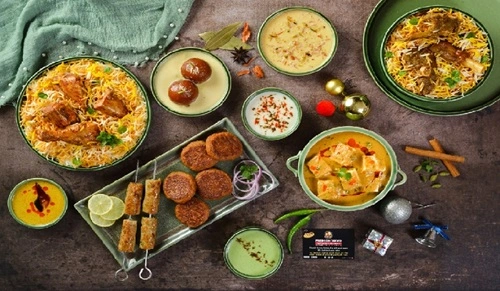In a striking shift in consumption patterns, Indians are increasingly allocating a larger portion of their food budgets to beverages and processed foods than to fresh produce such as fruits, vegetables, or eggs. The recent Household Consumption Expenditure Survey (HCES) conducted by the Ministry of Statistics and Programme Implementation (MoSPI) highlights this evolving trend, which is reshaping dietary habits across both rural and urban India.
Key Findings of the Report

1. Rural Areas:
- For the first time, spending on beverages and processed foods, including cooked meals, has surpassed that on cereals. In rural households, the share of cereals in the total monthly per capita consumption expenditure (MPCE) dropped from 10.69% in 2011-12 to 4.89% in 2022-23.
- Expenditure on vegetables also declined from 6.62% to 5.38%, while the share for fruits remained modest at 2.54%.
- Spending on processed foods and beverages rose to 9.62%, marking a significant increase.
2. Urban Areas:
- Urban households have been spending more on processed foods than cereals since 2011-12. This gap has widened, with processed foods now accounting for 10.64% of total food expenditure compared to cereals at just 3.62%.
- A noticeable decline in home cooking, paired with rising food delivery services, has fueled this trend.
Causes Behind the Shift
1. Rising Incomes:
- Increased earnings among middle-class and elite urban households have allowed for more spending on convenience foods.
- Innovations in healthier packaged food options, such as organic or low-sugar variants, have also catered to changing consumer preferences.
2. Urbanization and Lifestyle Changes:
- With busier lifestyles, many Indians, especially working couples, are opting for ready-to-eat meals and processed foods over traditional staples.
- The proliferation of food delivery apps and rapid commerce has made processed foods and beverages more accessible.
3. Marketing and Product Innovation:
- The availability of diverse packaged food options, including millet-based items, has made processed foods more appealing to health-conscious consumers.
Implications of the Trend
1. Health Concerns:
- The shift towards processed foods raises concerns about the long-term health implications, including an increased risk of lifestyle-related diseases such as obesity and diabetes.
2. Economic Impact:
- The processed food industry stands to benefit significantly, with rising demand driving growth and innovation. However, the agricultural sector may feel the pinch as demand for fresh produce stagnates.
3. Cultural Shifts:
- Traditional Indian diets, rich in fresh produce and staples, are being replaced by a preference for global cuisines and ready-to-eat options, signaling a cultural transformation.
Balancing Modernity with Health
While convenience and lifestyle changes are driving the preference for processed foods, it is essential to strike a balance by promoting awareness about the benefits of fresh and nutritious food. Policymakers and health experts must collaborate to encourage healthier eating habits while supporting the agricultural sector in adapting to these shifts.
This evolving food consumption pattern underscores the dynamic nature of India’s economy and society, reflecting changing aspirations and the challenges of modern living.

